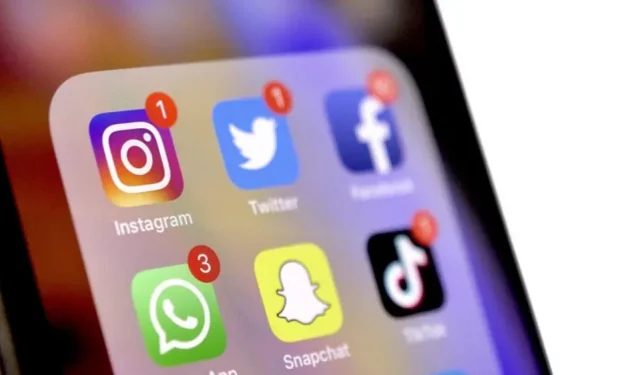Life is better without notifications

Notifications are a real daily plague for many users. They must be configured correctly. Your life will be much better for him.
Notifications are out of control. What started out as something we needed to stay up to date with updates to our apps and services quickly morphed into a mess of non-essential, almost default alerts. We can’t do anything on our smartphones without being distracted by notifications. The same goes for tablets and computers. Some of them are important and useful, but you definitely don’t have them.
What notifications do you really need?
The smartphone is used for many things today, far from making phone calls. But without notifications, we would definitely miss calls and other important messages. And there can be many regrets.
Unfortunately, the calls we receive today are all too often spam, and turning off notifications on our phone saves us from this daily annoyance. But the software’s own features or third-party software allow you to block unknown and/or risky callers to make things better. There is no need to disable phone alerts to get rid of them.
Next is messaging. Most of us don’t want to miss a message from family or friends. And while most messages are not urgent, we like to be notified on time. If you regularly miss messages from loved ones or open the Messages app to find dozens of unread messages, it’s annoying.
Notifications you can do without
You can disable most of the others without issue. Browsing in Notification Center shows you the “important”things you missed when you weren’t around your iPhone. And these notifications are piling up, the number is still ridiculously high. Who can read them all?
Some apps go further by sending you ads in notifications encouraging you to upgrade to a paid version or another.
We have so many apps in our apps that notifications can easily turn into hell. It’s better to force yourself to check notifications and other alerts every time you open an app than to be distracted every time by something you probably don’t care about. So you should wait until you really want to interact with the app to find out what happened.
If you can’t turn off notifications, change your settings
Everyone’s usage is different. For some, simply disabling notifications will work fine, but for others, more fine-tuning will be required. If you’re one of those people who needs notifications from your calendar or to-do list, this can be tricky. You don’t want to check Google Calendar only to find that you’ve missed three appointments. Of course, you’ll be less likely to miss a calendar notification if you don’t have dozens of notifications.
If you’d like to receive notifications from certain apps and not others, dive into the app’s settings to see what you can do. Take a cue from BeReal. You want to know when “time”is because that’s the whole point of the app, but maybe you don’t need to know when others are posting their photos or commenting on yours. The settings let you act accordingly, giving you the option to turn off all but the most important notifications.
If you have time, also take a look at the notification settings for your apps. You may be surprised to find that some of them can be very personalized and many of them are useless even without your consent.
In Android 13, Google is forcing apps to ask you for permission to send you push notifications. You will no longer spam by default. If you opt out, you will not receive push notifications from this app. Getting into the habit of not allowing them when you install an app is a good thing.
Apple is using the same strategy. Starting with iOS 15 there is Focus, a feature that allows you to define filters for handling notifications. You can turn off all notifications except notifications from productivity apps, such as during work hours, and turn off notifications from productivity apps outside of work hours. There is also a notification summary that saves and consolidates non-emergency alerts into a summary report that you receive once or twice a day.
If you’re wasting time fine-tuning your notifications or feeling “fed up”turning them all off, this is an issue that needs to be addressed properly. Our smartphones should make our lives easier and even help us concentrate when needed. They should not constantly distract us.
Leave a Reply